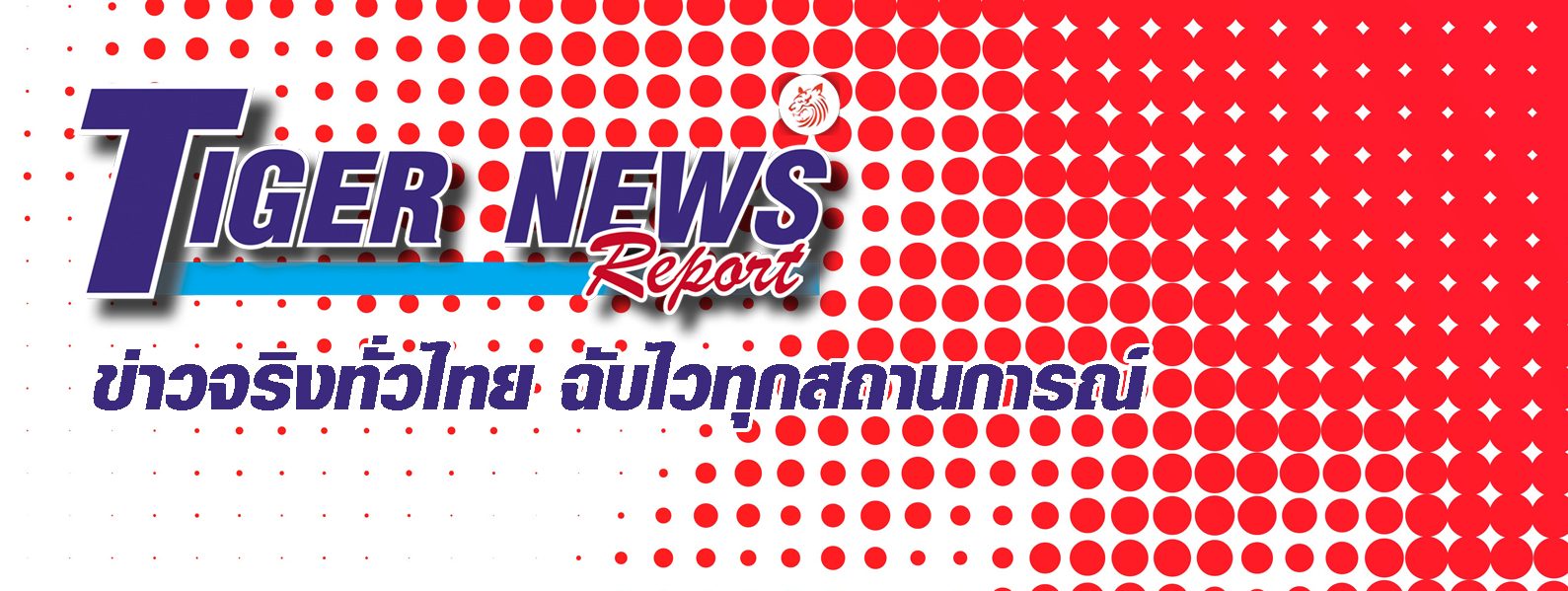The life of mahout trainers and their relationship with tamed elephants
 In the past, mahout trainers caught young wild elephants from the forest area and tamed them for labour purposes. Regularly, trainers would catch elephants aged 3 years or more because they would then have finished being weaned from their mothers. If an elephant less than 3 years old was caught, it would get ill with bone erosion and finally die. Elephants need to be raised for 1-2 years with breast milk because this is an important nutrient for developing immune systems, body, and bones. Therefore, the mahout trainers had to be quite careful with their round-up ceremonies.
In the past, mahout trainers caught young wild elephants from the forest area and tamed them for labour purposes. Regularly, trainers would catch elephants aged 3 years or more because they would then have finished being weaned from their mothers. If an elephant less than 3 years old was caught, it would get ill with bone erosion and finally die. Elephants need to be raised for 1-2 years with breast milk because this is an important nutrient for developing immune systems, body, and bones. Therefore, the mahout trainers had to be quite careful with their round-up ceremonies.

Elephants are smart animals. They can work many duties. They are friendly, so they love their trainers. A mahout trainer is a person who takes care of elephants. In Thai language the mahout is known as a kwan-chang. A sophisticated mahout trainer would teach younger mahouts, so there are many mahout trainers nowadays. The trainers are very skillful and professional, and anyone with sufficient experience would become known as a mor-chang (the highest position in mahout training). The professional trainers understand elephants and how they live very well. They understand the ceremonies which are related to them, and are always in charge of these ceremonies.

The tamed elephants are peaceful animals but are capable of being fierce and dangerous. An elephant that lacks exercise can easily become enraged. These tamed elephants are therefore bred, so that peaceful elephants are produced. The mahout’s provide a place for them to live called pang-chang or an elephant camp. The mahouts have a set budget so that they can effectively feed themselves and their elephants. Big elephants eat two hundred to three hundred kilograms a day. Sometimes there is a lack of food, even though they grow grass by themselves for their elephants, so they have to buy in grass and fruit from farmers. This obviously helps the farmers earn money as well. These elephants are also trained to perform in front of visitors who in turn will pay for the viewing pleasure. This means that the mahout trainers and the elephants help each other.

The baby elephants that are raised by mahout trainers become strong and healthy. During a performance the trainers control the elephants with gentle commands. So, love and care are very much a part of looking after these elephants. Working periods for the elephants is limited because it is essential that the trainers are concerned about their health. Normally, both the elephants and the trainers have regular health checkups. The ratio of mahout trainers to elephants is 1:1.

An elephant’s basic instinct is that of a wild animal. If the elephant is not with their trainer, they can sometimes become dangerous with strangers. Elephant behaviour can be compared to that of humans. Many people are afraid of elephants when actually they have more reasons to be afraid of other people. Mahout trainers and elephants can communicate between themselves. Research has shown that elephants trust their own trainers who give them food and raise them.

Mahouts need to have their own tools to control their elephants, just as a police officer needs to have a gun to prevent and protect, and a jockey needs to have a whip to control his/her own horse. Thus, a herdsman needs to have his/her own tools to control animals/pets to prevent danger. These mahout trainers are patient, virtuous, and understanding of the characteristics and behavior of wild elephants. These days, mahout trainers don’t catch wild elephants. They understand the needs of their tamed elephants. Professional trainers take younger mahouts to teach them how to take care and breed tamed elephants including their ceremonies related to the elephants. Consequently mahout trainers provide love and care for their elephants because they are considered their greatest treasure. For example, when a trainer eats or drinks they will consider and think of their elephant. We request that people should be thankful for the mahout trainers because if it wasn’t for their hard work, we would never get to appreciate a real elephant anymore.
